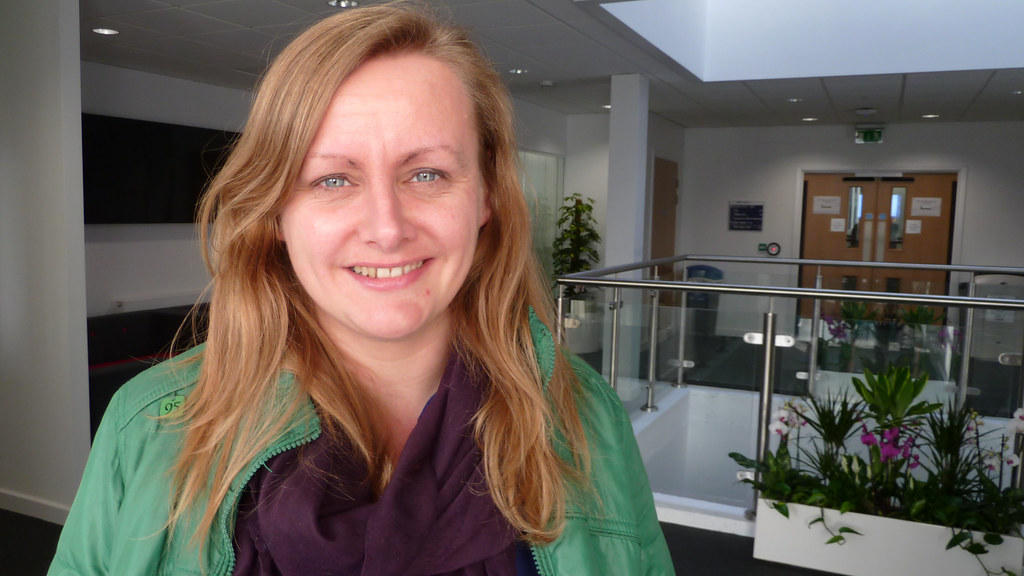Samantha Stone started her PhD in Education at Bath after an Education Masters of Research (MRes), and is funded by the Economic and Social Research Council and part of the South West Doctoral Training Partnership. We asked about her academic journey.
What did you do before your MRes?
I completed a BA (Hons) in Childhood, Youth and Education - now called Education with Psychology - also at Bath. It's a psychosocial degree that draws on the disciplines of education, psychology, sociology and philosophy to understand how children and adolescents learn and develop in contemporary British society and across the world, in the context of the family, school, community and culture.
During the third year I had a professional placement at a charity in Bristol that works with girls and women. I was offered a paid position on graduating and, while working there, decided I wanted to do further study with the MRes and PhD.
What's your research about?
I'm currently exploring children’s socialisation during school mealtimes. Despite research on the food they eat having been carried out, study on the educational benefits involved in children’s socialisation during meals has been largely overlooked as incidental. Similar research has focused on how teachers relate to children’s socialisation, or how adults socialise the children - but not from the perspective of the child.
The purpose of my research is to gain an insight into how children make sense of the experience, who they interact with, and to understand the complexity of their social worlds. I want to find out how social and material spaces are closely linked, and how schoolchildren master cultural knowledge and practices to become competent, appropriate members of their mealtime community.
Describe a typical day
I enjoy being part of the PhD community and generally work on campus, in the PhD office or library, where resources are easily accessible. I tend to do a mixture of reading, writing and discussing with fellow students and have attended many brilliant postgraduate skills training courses and workshops.
What aspect of your studies do you enjoy most?
This is a tough question because there are many things to choose from. I enjoy reading and exploring new ideas and concepts but, likewise, I really like research, collecting data and analysing the school mealtime interactions. Overall, I think the best part of the PhD is solving a riddle (if, in fact, that's even possible!) and grappling with the unknown.
#How did the MRes prepare you for the PhD?
It’s still early days, but the MRes gave me theoretical skills, experience of practical applications and a solid understanding of research methodologies and paradigms, which have stood me in good stead for the PhD.
During the second semester I gained a lot of hands-on experience. Firstly, I did a short placement at the University of Oxford, shadowing Professor Harry Daniels, where I learnt a lot from working in a team of experienced researchers. Secondly, I gained extremely valuable experience collaborating on an interdisciplinary group work project.
I’d recommend taking an MRes before embarking on a PhD. It equipped me with the skills that underpin research, and also enabled me to critically engage and evaluate my own - and other people's - research approaches.
The experience of enquiring into my own original questions to complete my dissertation gave me confidence in many areas and aided my development, helping me to become an independent researcher.
